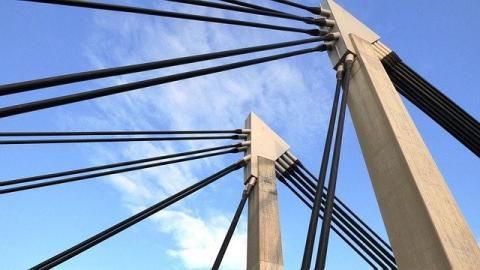
Region: Sub-Saharan Africa (SSA)
Country: Guinea
Topic: Legal Framework
Keywords: Knowledge Lab, Legal issues
Document Link(s):
Document(s):
Document Summary:
PPIAF support to the Government of Guinea (GoG) started in 2000 with a review of the regulatory framework for transport and utilities. The resulting study identified sector-specific issues impeding private-sector participation and offered recommendations—which the GoG later committed to implementing—to enable such participation. Since then, PPIAF has been providing continuous support which has produced various results highlighted in the outcomes section. To follow up on the findings of the 2013 PPP diagnostic report study, the World Bank Group (WBG), together with the African Development Bank (AfDB) and the Agence Française de Développement (AFD), are engaged with the government, which plans to create a new PPP unit and to pass a PPP law to replace the build-operate-transfer (BOT) law.
Document Details:
Guinea has one of the world’s largest reserves of natural resources, including deposits of bauxite, gold, iron, and other minerals. The country is also known as “the water tower of Africa,” which refers to its tremendous potential for hydropower. Despite such potential, Guinea is among the world’s poorest countries, with a GDP of about $6.62 billion in 2014 and a per-capita GDP of $527. 1 Recent estimates show that 55 percent of the population is now considered poor, representing an increase of six percent since 2002.
Private-sector participation in infrastructure (PPI) in Guinea takes the form of divestures and greenfield projects, and is concentrated in the energy and telecommunications sectors. Total private-sector participation in infrastructure amounted to $1.36 billion from 1990 to 2015, according to the PPI Database. With the exception of state participation in mainly private limited companies, or partially privatized operations, recent Guinean experience in PPPs is limited to its 2011 port concession. The other two major PPP transactions in Guinea took place in the 1990s, in the water and electricity sectors. More recently, a BOT law was passed in 2005, but the country still lacks secondary legislation and an implementing decree. Some of the essential elements required to strengthen public officers’ skills include capacity building in project planning, coordination, and monitoring.
Updated: March 8, 2022